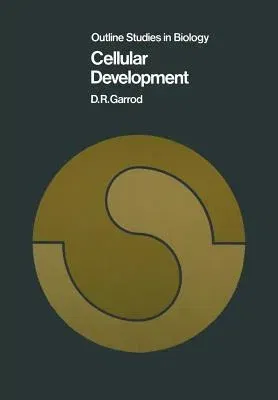1. 1. Aspects of development. usually competent to develop in several
differ- If you have been fortunate enough to see a fIlm ent ways. Thus
the mesenchyme cells of the of the development of any multicellular
organ- embryonic chick limb bud may become, among ism or, better still,
to watch live embyros devel- other things, muscle or cartilage cells.
Differen- oping, the intricate beauty of the developmental tiation is
largely an intracellular process involv- process will not have escaped
you: nor will its ing the appearance of cells with certain bio-
complexity. Apparent complexity, however, is chemically or cytologically
recognizable charac- no reason for despair when one begins to think
teristics through the differential activation of in terms of analysing
development. Rather, it is genes whose products confer these character-
istics on the cello In skeletal muscle cells for astimulus to the first
and most important ana- lytical step, that of simplifying the problem by
example, specific proteins (actin and myosin) dividing it into aspects
which can be meaning- are synthesized, and arranged to give the typical
fully studied. striated appearance (Fig. l. la). (Differentiation is the
subject of another book in this series, The most obvious way to divide
development is on a chronological basis - to begin with ferti- 'Cell
Differentiation' by J. M. Ashworth. ) lization and proceed through
cleavage, blastu- Recent advances in molecular biology have greatly
stimulated research into differentiation lation and gastrulation to
organ fromation.


